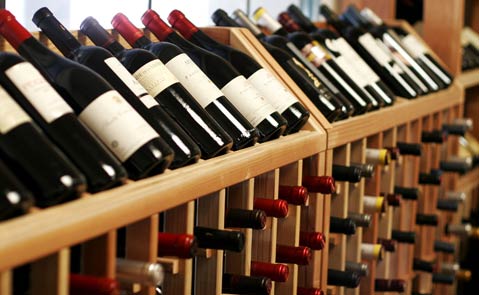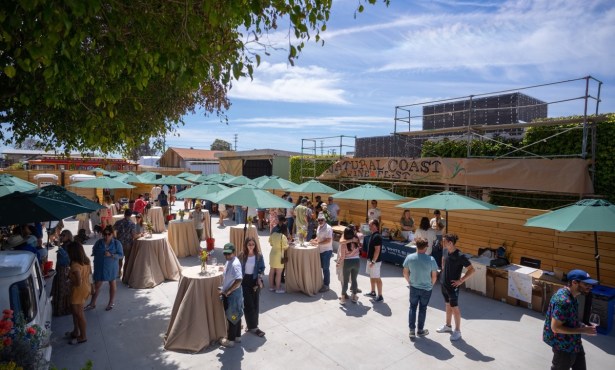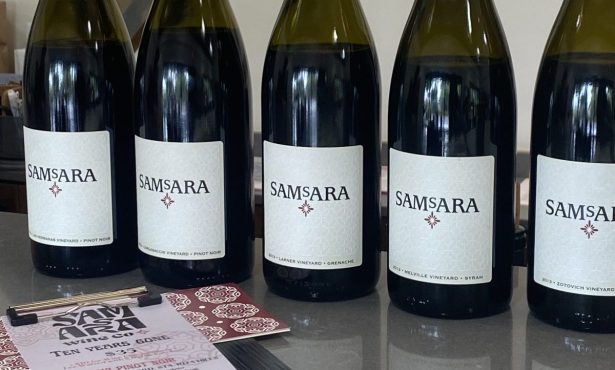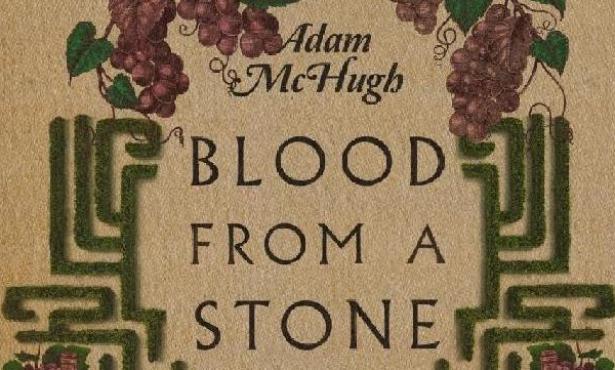There’s Something in the Wine
Some Lessons on Wine and Writing about it

I left the seventh annual Symposium for Professional Wine Writers with an unsortable onslaught of mixed emotions. To be clear, there’s no doubt that it was a fantastic experience, that Napa’s Meadowood Inn provided a spectacular backdrop, and that I want to stay in touch with every person I met. It’s just that I didn’t necessarily go home with more confidence that wine writing—and lifestyle writing in general—will be a lucrative career. I did go home, however, with an intense admiration for the people there who have never stopped trying.
At 23 years old, I was probably the youngest writer there by an average of 20 or 30 years (although I wasn’t treated as so), and I think this means I have a different perspective on things. Whereas the others seemed more entrenched in their wine-writing careers, I felt more like someone looking into a crystal ball; while the others attended to refine their already rolling careers, I attended in curiosity about whether I could (or should) even continue down this route at all. And while it takes more than four days to figure all of that out, I did learn some meaningful things:
1. In the words of Dominique Browning, former editor of House & Garden, “Don’t let bills get in the way.”
After being immersed in a group of wine writers for a few days, every excuse I’ve ever made to myself for taking a career risk has become null. Decades older than me, most of the people I met had a lot (or everything) at stake when they started their wine writing ventures. Whether that meant quitting their day job to become a total freelancer, or starting a blog in the intimidating face of unprecedented blogger competition, these people did it. And, considering I have the kind of support that would ensure I never end up homeless or starving, I couldn’t possibly look these amazing people in the eyes and tell them that I haven’t pursued something for the sake of “financial stability.”
2. Wine writers are as passionate as winemakers, and big-shot Napa winemakers are as passionate as small-time Santa Barbara ones.
Wine is a luxury product. Wine industry professionals have to acknowledge and accept that they work ridiculously hard on something that (probably) won’t save anybody’s life or, say, solve world poverty. Similarly, writing about wine can feel admittedly bombastic while a tsunami destroys an entire country or riots envelope several nations. Attending the symposium, though, reminded me why I chose wine: Because the little, happy things matter as much as the enormous, dark ones do. Unwavering passion makes the world go ’round, remains elusive in most places, and prevails overwhelmingly in the wine industry.
3. There are as many ways to write about wine as there are ways to enjoy it. Also, there are almost as many people writing about wine as there are people enjoying it.
During one conference, Bruce Schoenfeld, wine editor for Travel + Leisure, asked us, “Why write about wine if not to convert others?” He then argued the difference between a critic and a writer, declaring himself the latter. Schoenfeld explained he writes about the story and life behind a wine in lieu of focusing on subjective sensory characteristics.
In a world where people can publish themselves across cyberspace in minutes, everyone can indulgently string together adjectives about the wines they drank last night. Schoenfeld—and other speakers like Gerald Asher, who discussed similar aspects of the trade—helped restore my faith in the enduring value of solid writing as artistry. This means that wine writers can move forth, assured that even thousands of poorly written wine blogs couldn’t replace one well-written article; readers can feel good about subscribing to wine magazines, knowing that paying for well-written articles is well worth avoiding sifting through thousands of amateur blogs for a fleck of decent material.
4. Objectivity still exists in wine tasting.
A highlight of the symposium for me was Wine Bible author Karen McNeil’s master class in wine tasting, which lured me in with the subtitle, “What Makes Great Wine Great?”
I’m not sure if her unfailingly impeccable appearance or striking composure had anything to do with it, but McNeil had me enthralled with what she calls the “aesthetics of greatness.” She set out each wine to demonstrate a different aspect of greatness, including precision, distinctiveness, and choreography. As a result, I recommend McNeil’s Wine Bible for wine beginners and veterans alike, and thank her for seemingly putting some stability and order into such subjectivity.
I’m sure all symposium attendees left with different perceptions of the days we spent together attempting to demystify the quite unsettling, shifting industry of which we all work so hard to be a part. The most remarkable thing about the symposium, though, is how every writer there seemed to measure success in such a different way than most people in the “real” world. It must be something in the wine.



